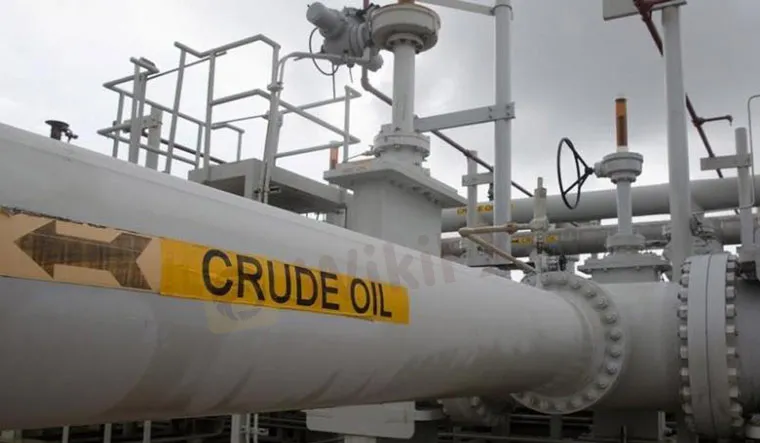简体中文
繁體中文
English
Pусский
日本語
ภาษาไทย
Tiếng Việt
Bahasa Indonesia
Español
हिन्दी
Filippiiniläinen
Français
Deutsch
Português
Türkçe
한국어
العربية
India could decide on rupee-ruble deal with Russia soon?
Abstract:Indian exporters are awaiting payments of about $500 million
As global sanctions continue to bite the Russian economy, the Indian government is considering options to facilitate trade with Moscow.
Bloomberg reported a decision on a rupee-ruble arrangement could come as early as this week. “The government is discussing how trade can be settled in rubles and rupees as Indian exporters are awaiting payments of about $500 million that have been stuck after the sanctions on Russian banks,” Bloomberg reported. The RBI and lenders such as State Bank of India and UCO Bank are being consulted in the government's deliberations.
“Under the proposed mechanism, ruble could be deposited into an Indian bank after converting it into rupee and vice versa. There are some concerns, however, on how to peg the currencies, and also on ways to balance the trade as India is a net importer of Russian goods, which include defense equipment,” Bloomberg reported.
A rupee-ruble arrangement will allow Indian exporters to be paid in rupees for exports to Russia, instead of dollars or euros. Such an arrangement would require a Russian bank to open an account in an Indian bank, while an Indian bank opens an account in Russia.
The business outlet reported India wants a floating exchange rate with Russia given the ruble's decline since the war in Ukraine began. “New Delhi is preparing a list of items it can export to Russia to narrow the about-$5 billion trade deficit it runs currently, while considering making payments for crude oil in rupee,” Bloomberg reported.
Livemint quoted an official as saying India was considering increasing oil purchases from Russia, being offered at discounted prices. “But we need to resolve a few issues to make that happen. One is we need to figure out the availability of shipping vessels. The other pertains to the high insurance premiums for imports from Russia... High premiums will erode all the benefits of the discounted price. Also, the refining capability and cost will need to be assessed as we buy a different blend,” the official told Livemint.
Russian oil-related exports to India are valued at close to $1 billion, which is a marginal part of India's oil imports.

Disclaimer:
The views in this article only represent the author's personal views, and do not constitute investment advice on this platform. This platform does not guarantee the accuracy, completeness and timeliness of the information in the article, and will not be liable for any loss caused by the use of or reliance on the information in the article.
Read more

What Are The Common Types of Unregulated Forex Brokers?
Protect your investments from unregulated forex brokers with these tips. Learn about red flags, scams, and how the WikiFX app ensures safe trading experiences worldwide.

Pros and Cons of Choosing Unregulated Forex Brokers
Discover the pros and cons of unregulated forex brokers, explore risks, benefits, and key features, and learn how to evaluate their credibility with the WikiFX app.

5 Questions to Ask Yourself Before Taking a Trade
Before executing any trade, traders should pause and ask themselves critical questions to ensure they are making rational and well-informed decisions. Here are five questions to help you reflect on your strategy, manage risk, and control emotions before entering the market.

The Psychology of Investment Scams: Understanding Why Victims Fall Prey
Investment scams have become increasingly sophisticated, preying on human psychology to exploit vulnerabilities. While these fraudulent schemes promise extraordinary returns, they often rely on psychological tactics to deceive victims. Understanding these factors can help traders recognise and avoid falling for scams.
WikiFX Broker
Latest News
ASIC Sues Binance Australia Derivatives for Misclassifying Retail Clients
Geopolitical Events: What They Are & Their Impact?
Top 10 Trading Indicators Every Forex Trader Should Know
WikiFX Review: Is FxPro Reliable?
Trading frauds topped the list of scams in India- Report Reveals
Malaysian-Thai Fraud Syndicate Dismantled, Millions in Losses Reported
Why Do You Feel Scared During Trade Execution?
Revolut Leads UK Neobanks in the Digital Banking Revolution
Fusion Markets: Safe Choice or Scam to Avoid?
SEC Approves Hashdex and Franklin Crypto ETFs on Nasdaq
Currency Calculator



